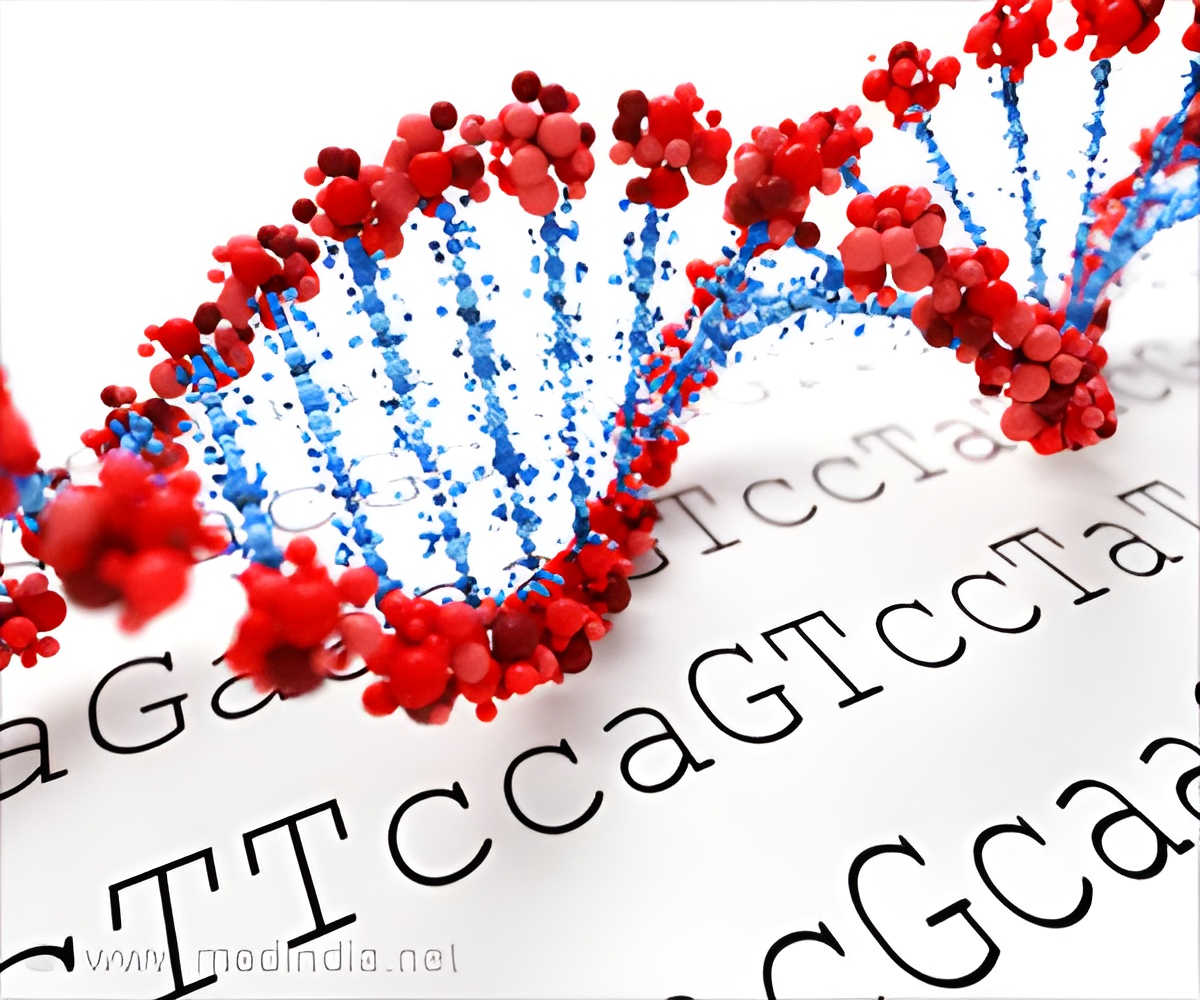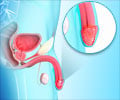New library of DNA fingerprints may help researchers find out what triggered a tumor or cancer formation by looking at genetic mutations.

‘New database of the mutation markers created could help scientists close in on the environmental culprits behind cancer and may help develop measures to reduce people's exposure to potentially dangerous carcinogens’
Read More..




Our DNA, the human genome, comprises of a string of molecules known as nucleotides. These are represented by the letters A, C, G, and T. Sometimes; changes occur in the 'spelling' of our DNA - an A becomes a G, for example. These changes, known as mutations, can be caused by a number of factors, some environmental, such as exposure to tobacco smoke or to ultraviolet light. Read More..
As cells divide and multiply, they make copies of their DNA, so any spelling mistakes will be reproduced. Over time, the number of errors accumulates leading to uncontrolled cell growth - the development of tumors.
Previously, scientists have had only a limited number of tools for working out the cause of an individual's tumor. As it is now possible to study the entire human genome very rapidly, scientists have been able to find all the mutations in a patient's cancer, and see patterns - or 'mutational signatures' - in these tumors.
Now, in a study a team of researchers from the University of Cambridge and King's College London has developed a comprehensive catalog of the mutational signatures caused by 41 environmental agents linked to cancer. In future they hope to expand it further, using similar experimental techniques, to produce an encyclopedia of mutation patterns caused by environmental agents.
"Mutational signatures are the fingerprints that carcinogens leave behind on our DNA, and just like fingerprints, each one is unique," explains Dr. Serena Nik-Zainal from the Department of Medical Genetics and MRC Cancer Unit at the University of Cambridge, who led the Cambridge Team. "They allow us to treat tumors as a crime scene and, like forensic scientists, allow us to identify the culprit - and their accomplices - responsible for the tumor."
Advertisement
"We've used this technique to create the most comprehensive catalog to date of the patterns of DNA damage produced by environmental agents across the whole human genome," explains Professor David Phillips, who led the King's College London team. "It should allow us to examine a patient's tumor and identify some of the carcinogens they have been exposed to that may have caused cancer."
Advertisement
They also identified the fingerprints left behind by common chemotherapy drugs, some dietary chemicals and some present in diesel exhaust fumes. This study shows how human DNA is vulnerable to many agents in our surroundings.
Dr. Nik-Zainal illustrates potential uses of the catalog by referring to the case of Balkan endemic nephropathy (BEN), which is linked to dietary exposure to a plant chemical called aristolochic acid. The mutational signature of this chemical was verified in this study to be virtually identical to the signature found in the tumors of BEN patients. So, although this connection was first made before the current study, Dr. Nik-Zainal says it is an example of how one might use their catalog in future.
"Our reference library will allow doctors in future to identify those culprits responsible for causing cancer," adds Dr. Nik-Zainal. "Such information could be invaluable in helping inform measures to reduce people's exposure to potentially dangerous carcinogens."
Source-Eurekalert














